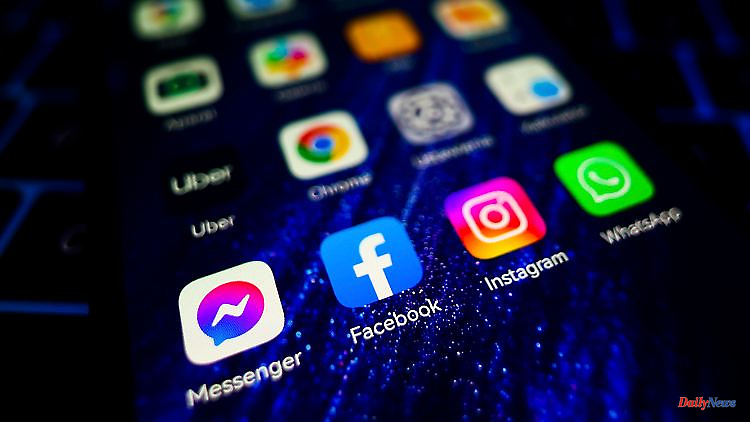More than half of the data traffic in Germany takes place on the websites of five companies. The mobile phone companies have been demanding a cost sharing from Internet giants such as Google, Netflix and Meta for years - and are also heard in politics.
Cell phone providers are increasingly demanding that large online services be asked to pay for the use of their networks. Every day, 55 percent of data traffic is caused by just five companies, said the boss of the telecom group Orange, Christel Heydemann. That costs European telecommunications companies around 15 billion euros a year.
In the last few years, 600 billion euros have been invested in networks in Europe alone, said Heydemann at the start of the Mobile World Congress industry meeting in Barcelona. But many mobile phone companies find it difficult to earn money with it. Consumers are expecting to pay less and less, and some are dealing with outdated regulations. Regulators and politicians have a key role to play in balancing this "unsustainable" situation, said Heydemann.
For years, the network operators have been demanding that companies such as Google, Netflix or the Facebook group Meta have to contribute to the costs of the networks because they cause a lot of data traffic. The online heavyweights counter that their services only made the fast data networks attractive for consumers.
The mobile phone industry is now being heard more in politics than it used to be. The EU Commission launched a public consultation last week, which among other things deals with who should pay for the costs of expanding the grid. EU Commissioner Thierry Breton said in Barcelona that a fair model for financing the huge expansion costs had to be found. It's about more than a conflict between the interests of network operators and online services. The aim must be to prepare Europe for the next boost in networking and to make better use of the potential of the common EU market.
At the same time, mobile phone providers want to grow beyond their previous business as network operators. "It's no longer a telephone network. It's a decentralized and distributed supercomputer," said Telefónica boss José María Álvarez-Pallete as the goal. The mobile phone companies wanted to create a common new standard for this - as was the case with the GSM networks, which enabled the rapid spread of mobile phones.












